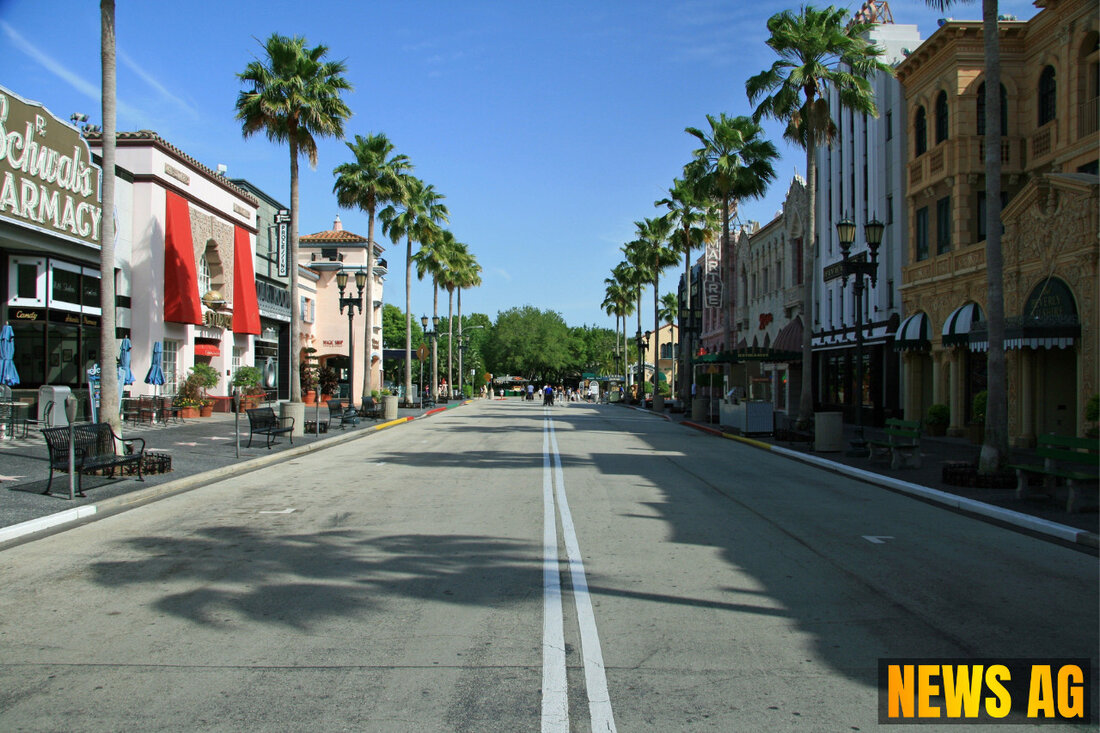Wildlife Officials Probe Massive Illegal Harvest of 291 Queen Conchs Near Key West
Florida authorities are investigating the illegal harvest of 291 queen conchs near Key West, seeking public tips for suspects.

Wildlife Officials Probe Massive Illegal Harvest of 291 Queen Conchs Near Key West
Florida wildlife officials are currently tackling a significant issue: the illegal harvest of nearly 300 queen conchs from waters off the Florida Keys. This alarming incident has prompted a thorough investigation by the Florida Fish and Wildlife Conservation Commission (FWC), which was alerted after numerous empty snail shells were discovered at a rental property in Key West. The illegal gathering of these protected mollusks reportedly occurred between July 7 and July 10, and as of now, no suspects have been identified in this case which could become one of the largest illegal harvests in recent memory. It does seem like the stakes are getting higher as the usual cases usually involve only a few dozen shells, not hundreds, as Fox Weather highlights.
The situation has drawn the attention of not just the FWC but also the Monroe County Sheriff’s Office (MCSO), which is collaborating on the investigation. In their search for answers, both agencies are calling upon the public to assist in identifying suspicious activity. Eyewitnesses who were nearby during the noted dates, particularly in the area around 17 Shoreline Road in Key West, are being urged to step forward. Authorities are especially interested in any video evidence: whether from home surveillance, boat cameras, or even cellphone recordings. The urgency of this request is underscored by the ecological importance of the queen conch, which is a protected species under Florida law due to its declining populations and is also threatened under the Endangered Species Act, as noted by CBS12.
Significance of the Queen Conch
The queen conch is not just another shellfish; it’s a vital part of the marine ecosystem. These fascinating creatures are bottom dwellers, feeding on algae in seagrass beds, and are found throughout the Caribbean Sea, including the beautiful waters surrounding the Florida Keys and Bermuda. NOAA Fisheries reports that the conch can grow up to an impressive 12 inches long and live for around 30 years. Unfortunately, this iconic mollusk has been pushed to the brink due to habitat destruction and overharvesting, leading to strict legal protections that make harvesting them from the wild a second-degree misdemeanor in Florida, punishable by fines and even jail time.
Efforts are underway not only to address the illegal harvesting but also to research and restore queen conch populations. NOAA Fisheries is conducting studies aimed at evaluating both low and high-density areas of queen conch. Their ambitious project focuses on understanding population values and nursery grounds, with efforts in Florida, Puerto Rico, and the U.S. Virgin Islands. Field sampling and a new connectivity model are part of the initiative to gauge how ocean currents influence queen conch larvae connectivity across the Caribbean, revealing that crucial ecological corridors have collapsed over time, leading to reduced population connectivity as per data from NOAA Fisheries.
As the investigation unfolds, concerns over the future of the queen conch remain front and center. Local authorities are keen to gather as much information as possible to address these illegal activities and protect this threatened species. Anyone with tips or leads is encouraged to reach out to the FWC’s Wildlife Alert Hotline at 888-404-3922 or submit tips anonymously online. With community vigilance and concerted conservation efforts, there’s hope that the queen conch can be preserved for generations to come.

 Suche
Suche
 Mein Konto
Mein Konto